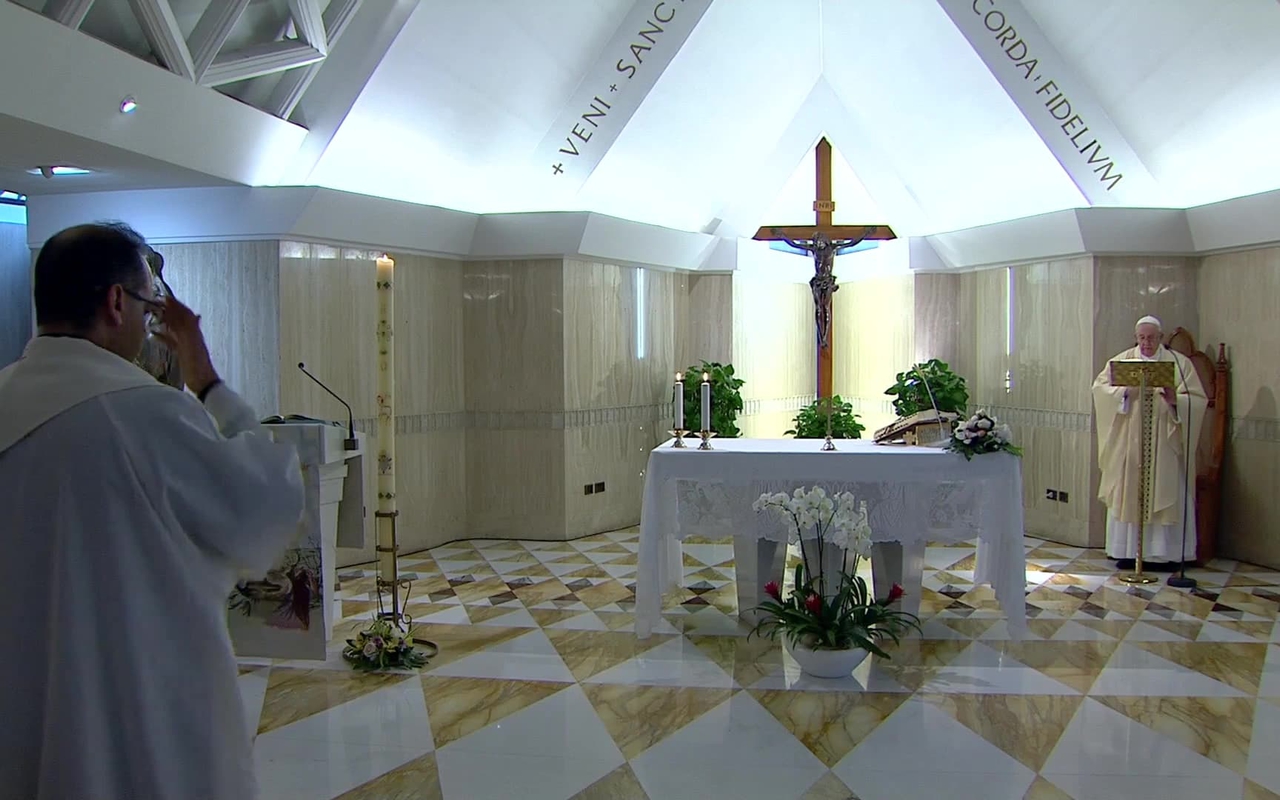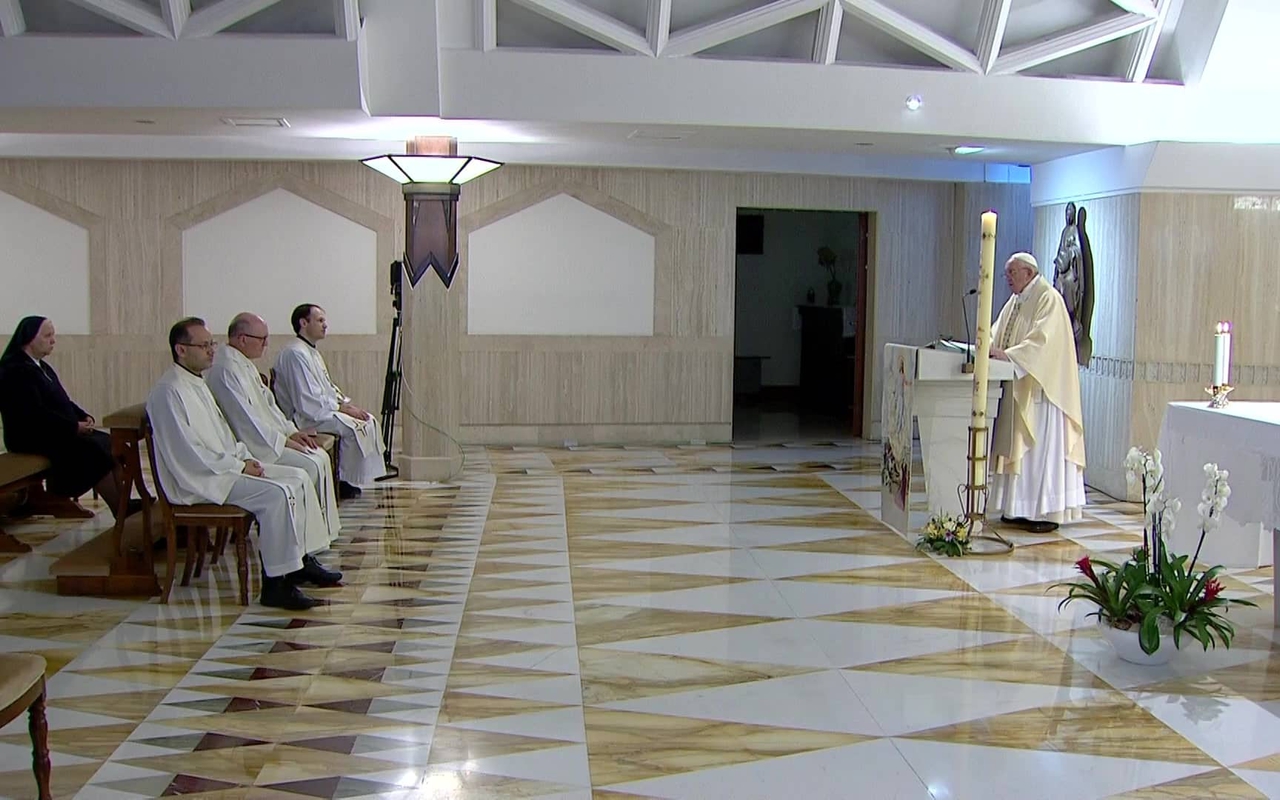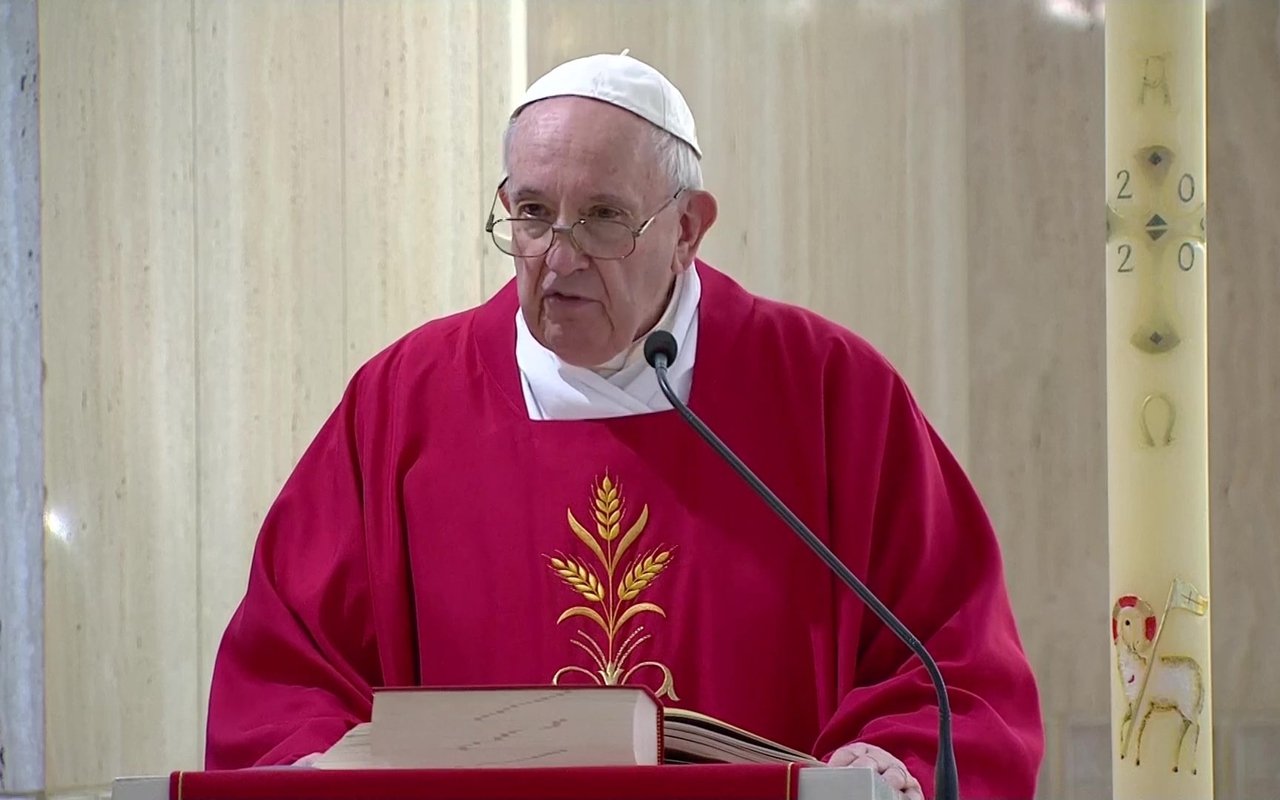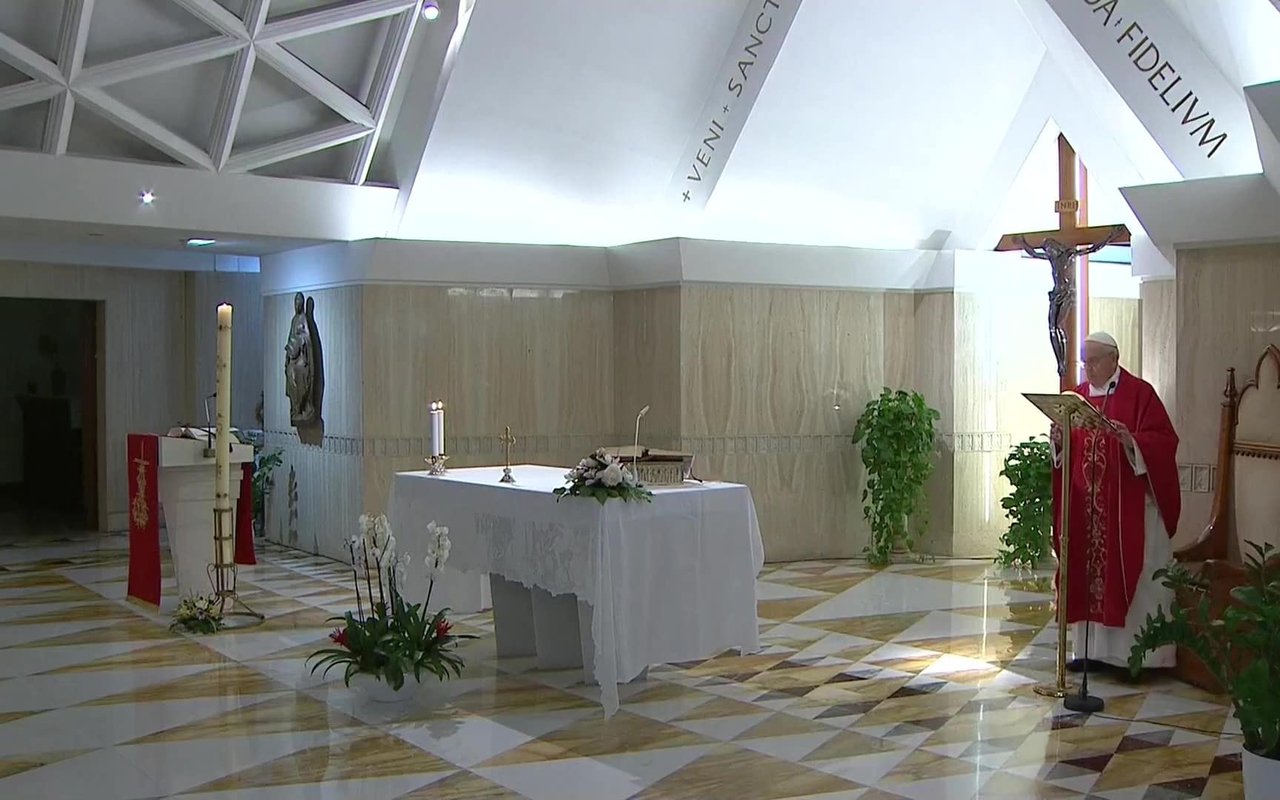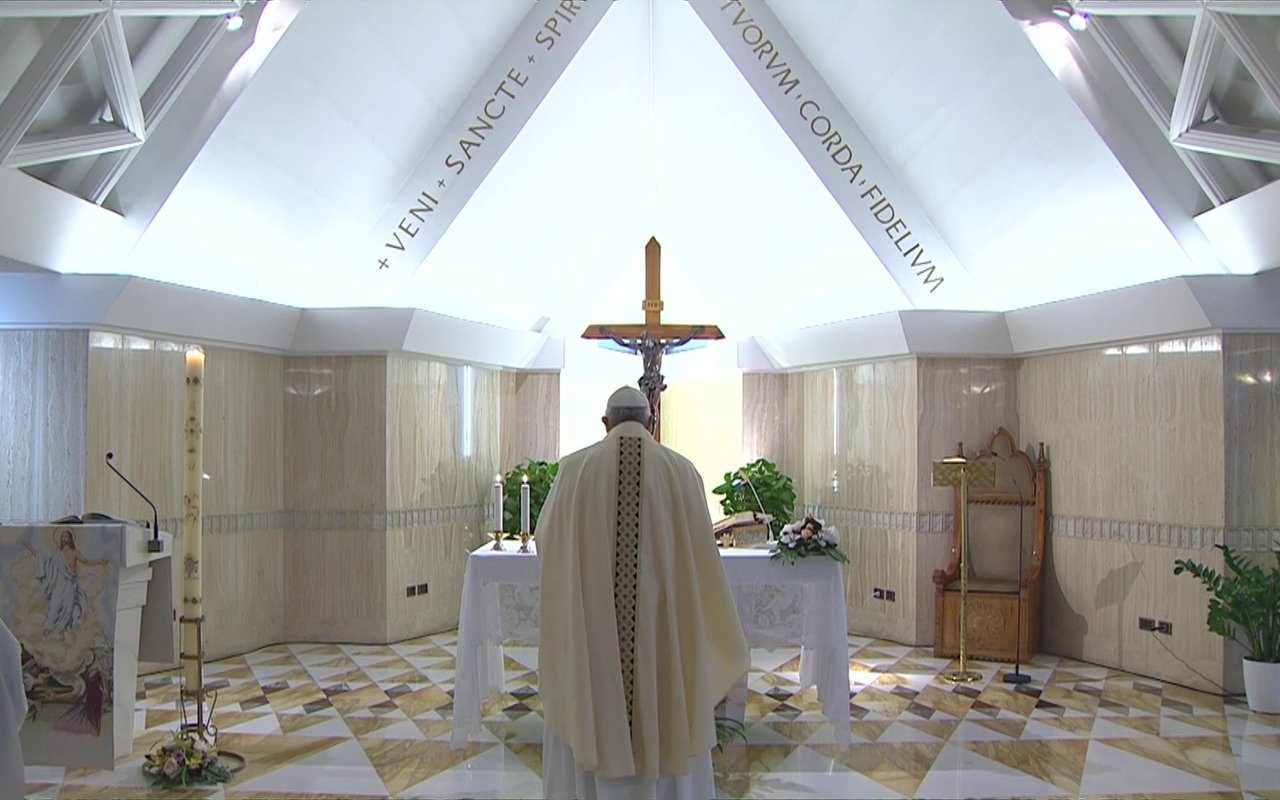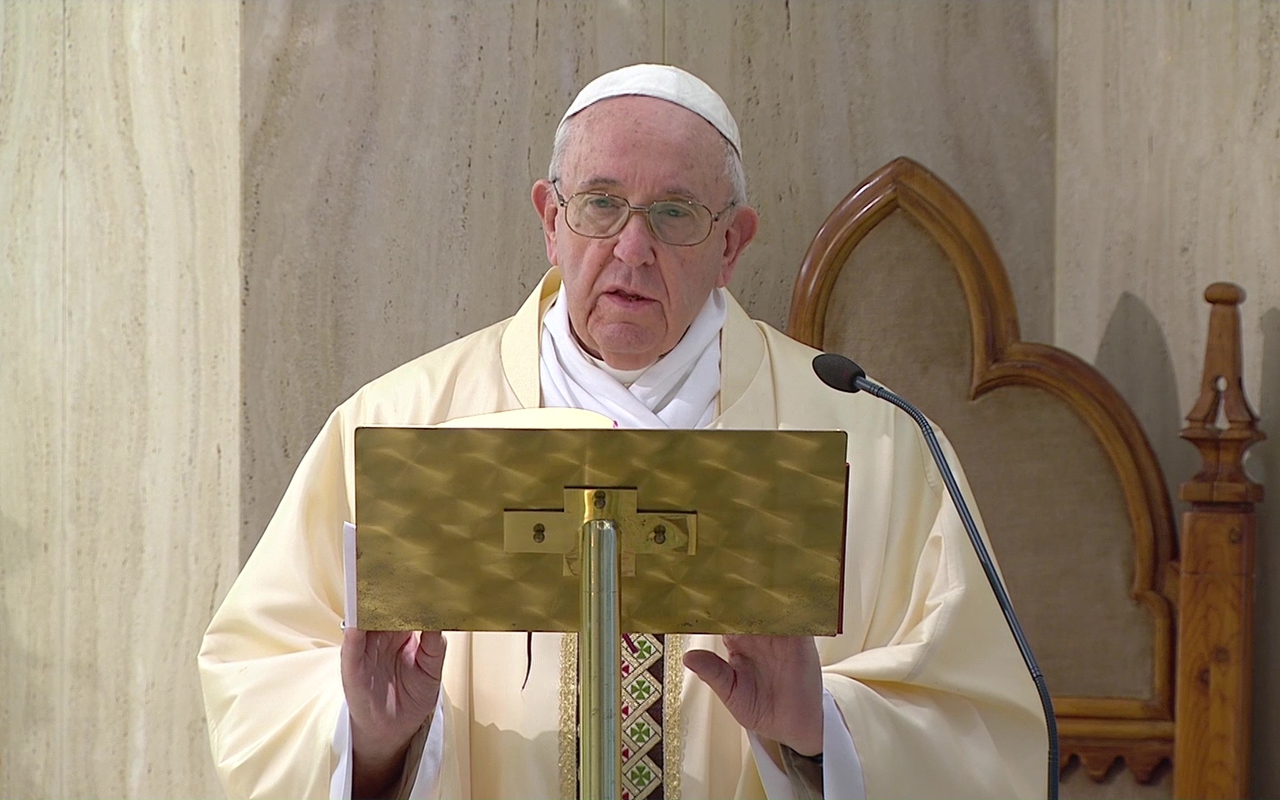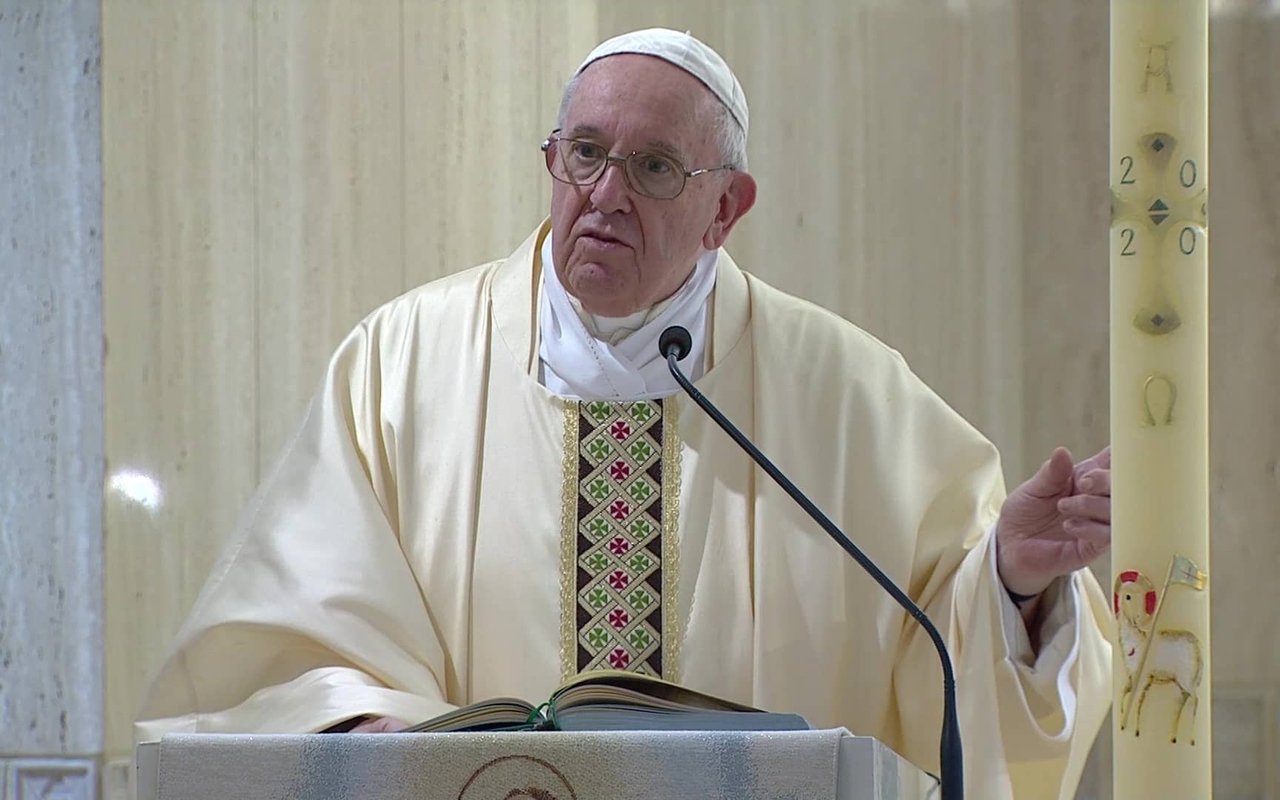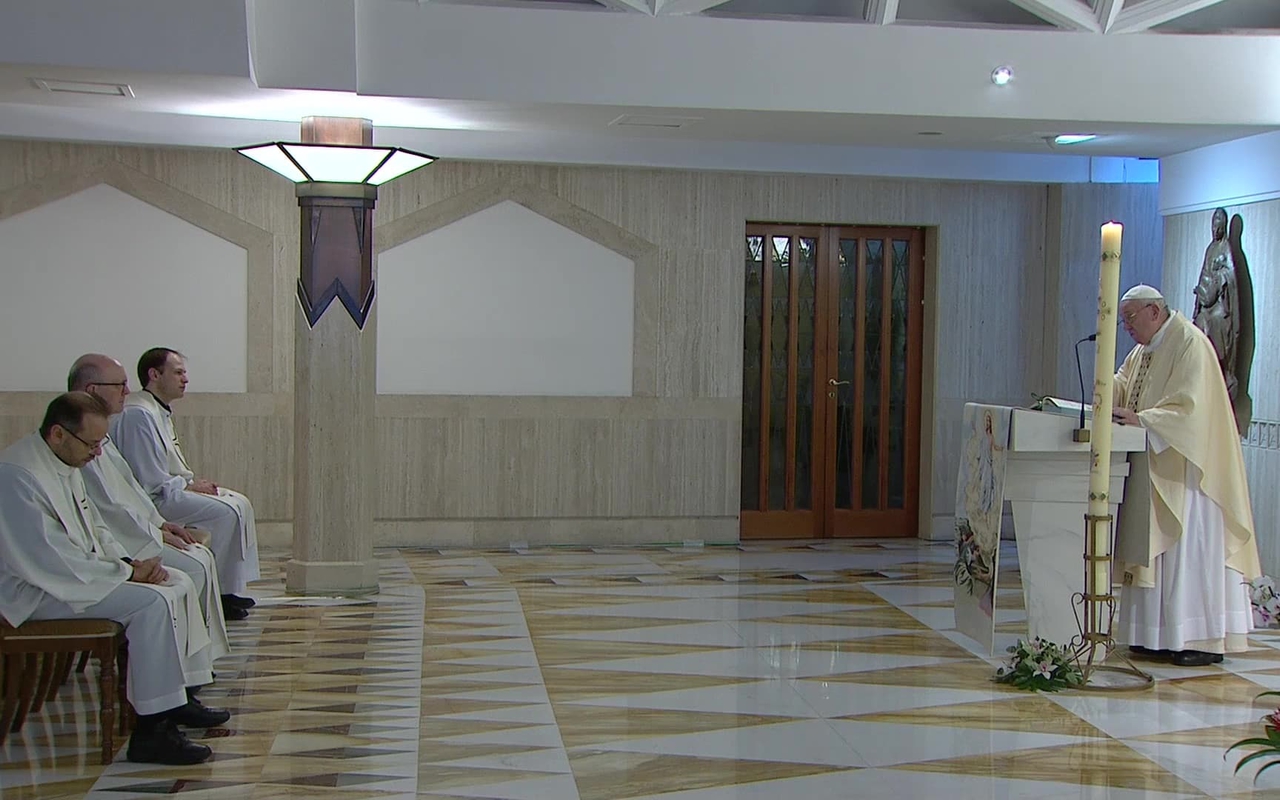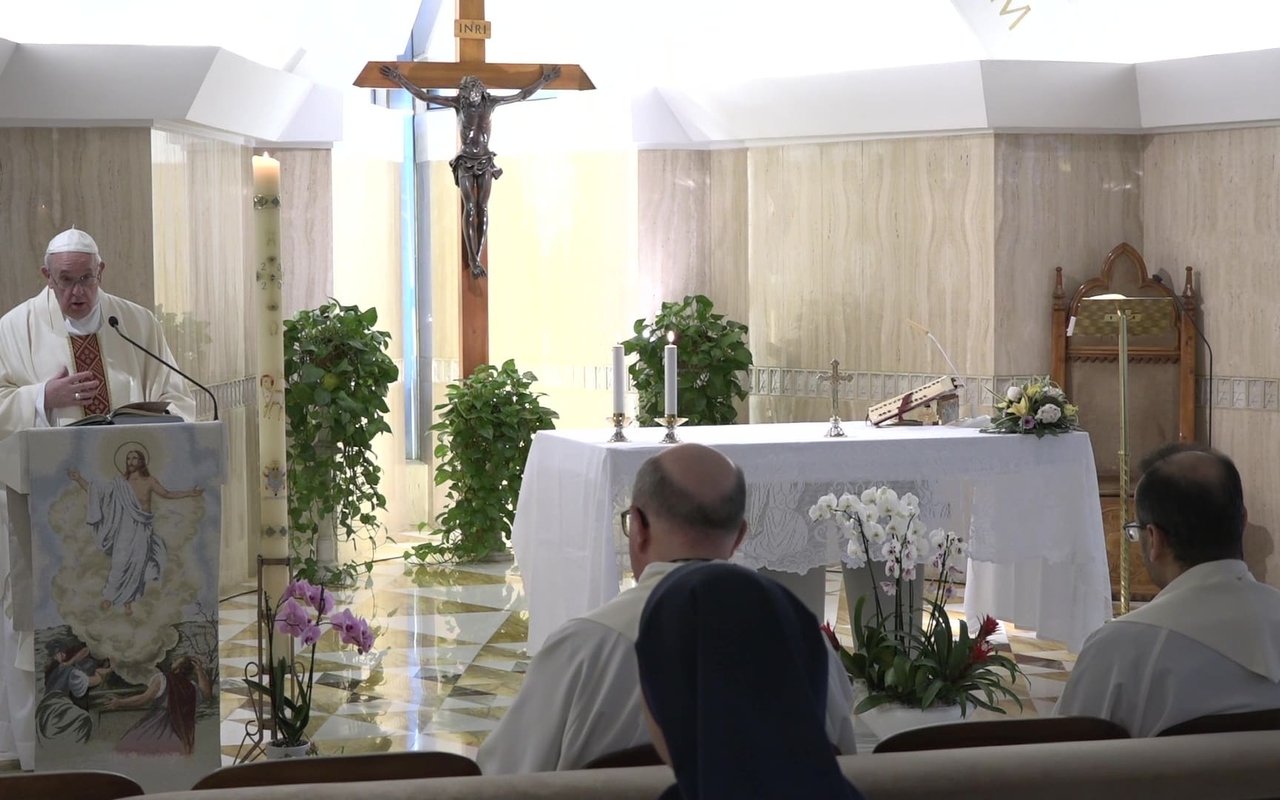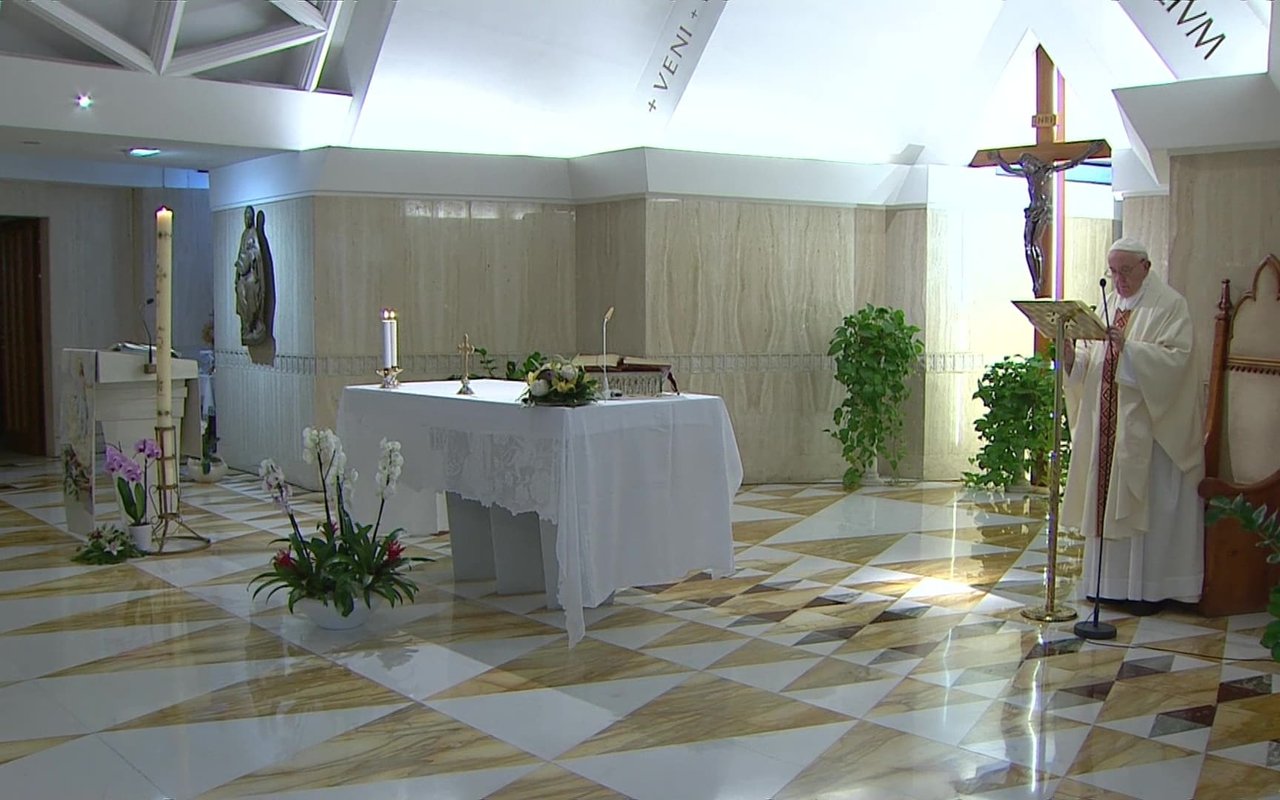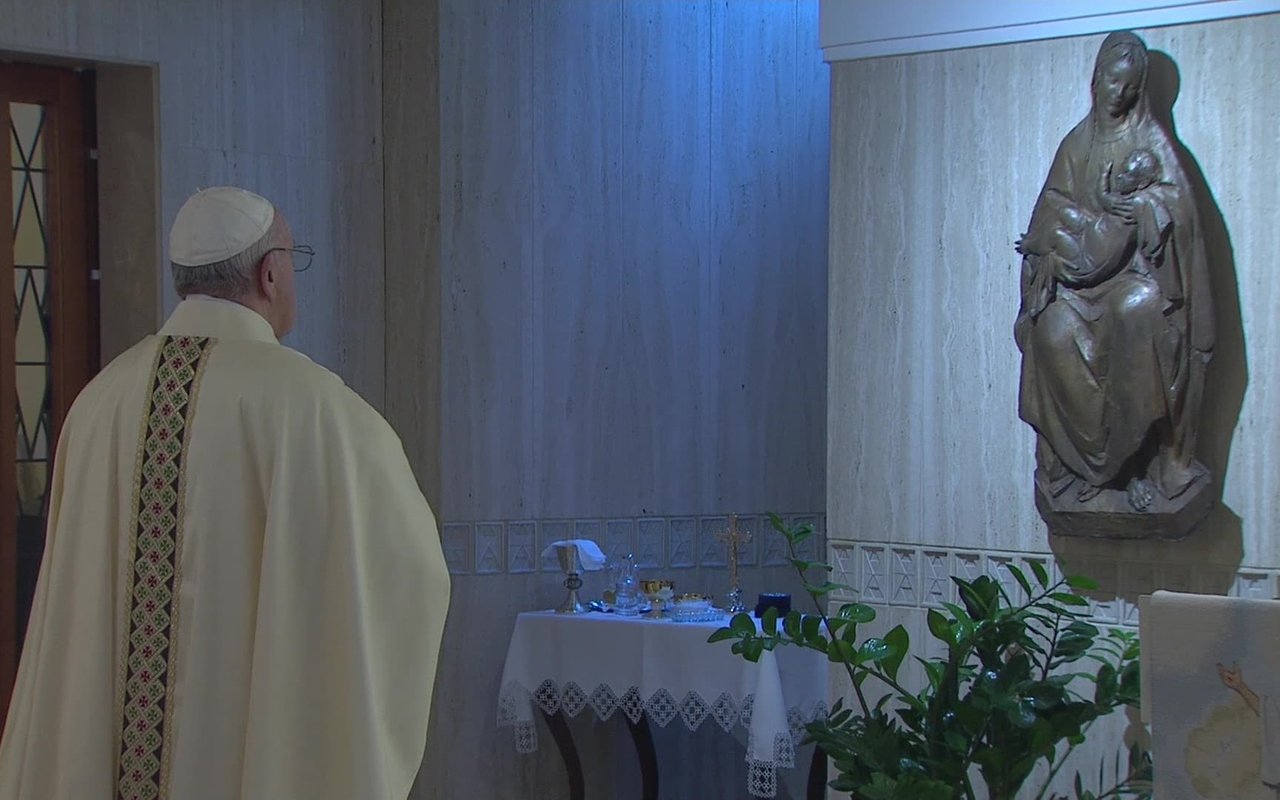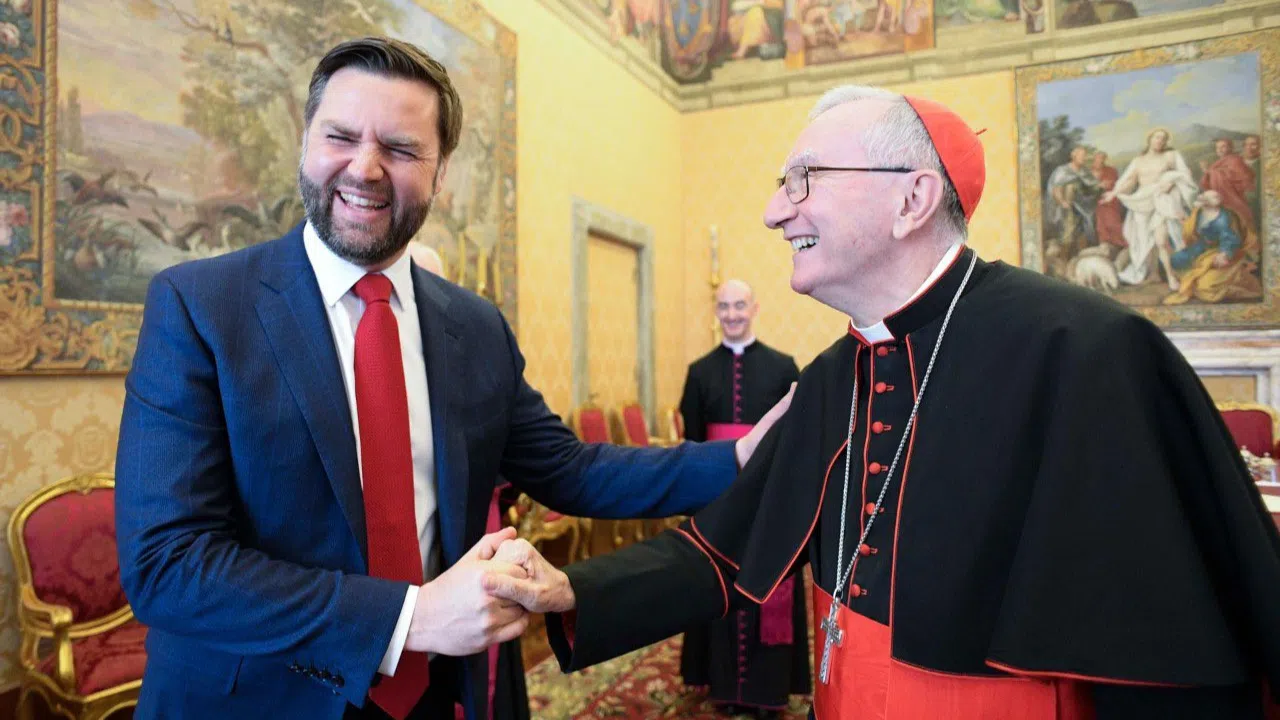In his homily at Casa Santa Marta, Pope Francis spoke about the condition of the heart, saying many prefer the ‘bitter root’ of original sin, complaining and bearing grudges than the sweetness of God’s consolation.
POPE FRANCIS
“It is easier for us to console others, than to let ourselves be consoled. Because so often, we are attached to negativity, we are attached to the wounds of sin inside us and, so often, we prefer to remain there, alone, on our sick bed. Just like the paralyzed man in St Luke’s Gospel, isolated there and not getting up. 'Get up' are always Jesus' words: ‘Get up!’”
He invited Christians to see if there is sadness or bitterness in their heart and let themselves be consoled by the Lord.
EXTRACTS FROM PAPAL HOMILY
“It is easier for us to console others, than to let ourselves be consoled. Because so often, we are attached to negativity, we are attached to the wounds of sin inside us and, so often, we prefer to remain there, alone, on our sick bed. Just like the paralyzed man in St Luke’s Gospel, isolated there and not getting up. 'Get up' are always Jesus' words: ‘Get up!’
We prefer to bear grudges and to stew in our own juice because in that way we are masters of our own hard hearts. Like the paralyzed man, we prefer the ‘bitter root’ of original sin than the sweetness of God’s consolation. Such bitterness always leads us to complain with a constant whining as the soundtrack to our lives. He described The prophet Job was the Nobel prize winner of whiners, who complained about everything that God did.
Faced with such bitterness, anger and complaining, the Church repeats that we must have courage, just like the friends of the paralyzed man, who didn’t think about the reaction of the scribes, but only about helping their friend in need.
Let ourselves be consoled by the Lord, to be stripped of all our bitter egoisms and complaints. Let us examine our consciences and look into our hearts, he urged, asking if there is any sadness or bitterness there. Do we praise God, or do we always have something to complain about? Let us pray for the grace of courage, he said, asking the Lord to come and console us.”

